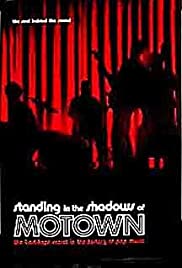
In 1959, Berry Gordy Jr. gathered the best musicians from Detroit’s thriving jazz and blues scene to begin cutting songs for his new record company. Over a fourteen year period they were the heartbeat on every hit from Motown’s Detroit era. By the end of their phenomenal run, this unheralded group of musicians had played on more number ones hits than the Beach Boys, the Rolling Stones, Elvis and the Beatles combined – which makes them the greatest hit machine in the history of popular music. They called themselves the Funk Brothers. Forty-one years after they played their first note on a Motown record and three decades since they were all together, the Funk Brothers reunited back in Detroit to play their music and tell their unforgettable story, with the help of archival footage, still photos, narration, interviews, re-creation scenes, 20 Motown master tracks, and twelve new live performances of Motown classics with the Brothers backing up contemporary performers.
You May Also Like
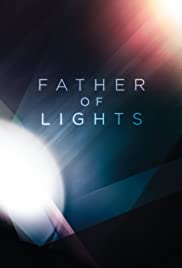
Through filming incredible spiritual encounters around the world, Darren Wilson cuts through religious misconceptions in an effort to find the true nature and character of God.
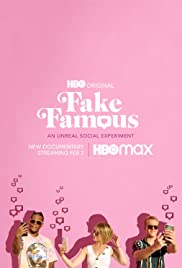
Explores the meaning of fame and influence in the digital age through an innovative social experiment. Following three Los Angeles-based people with relatively small followings, the film explores the attempts made to turn them into famous influencers by purchasing fake followers and bots to “engage” with their social media accounts.
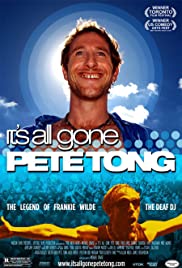
Its All Gone Pete Tong is a comedy following the tragic life of legendary Frankie Wilde. The story takes us through Frankie’s life from one of the best DJ’s alive, through subsequent battle with a hearing disorder, culminating in his mysterious disappearance from the scene.
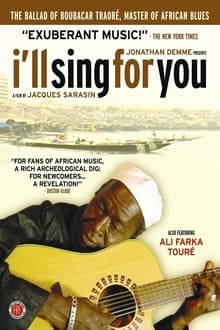
A profile of Boubacar Traore, “Mali’s Elvis Presley”, a love story told by a singer whose music takes us on a social, political and geographic voyage of Mali from 1960 to our days.

Suspended in time, a widower drifts endlessly between nights and days that melt into one continuous longing for a love that will never die but can no longer be. When the blinding sun coming through the window suddenly forces him back into life with Mitzi and Teresita—but without Teresa—he asks what good it is if she’s reincarnated into a flower or a butterfly if what the girls need is a mother. Can God be so cruel so as to deprive a young girl of her mother’s touch? And so reality turns into dream—or is it the other way around? And she is back again. Could Teresa still be alive? From the streets of Mexico City comes this heart-warming story of a young man struggling to raise his two daughters while working the night shift as a taxi driver.

The deeds of a professional musician who abandons his trumpet and family to live the clandestine life of an armed revolutionary for Puerto Rican independence.

Operating from the premise that everyone has an appealing story to tell if we just listen, A Slice of Life takes pride in bringing to the living rooms of America, insight into the unique characters whom we call neighbors. This pil…
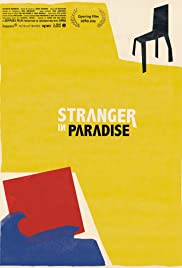
A political essay on the absurd dilemmas presented by asylum policies. In a classroom, migrants’ illusions are dashed against the rocks of European arrogance.
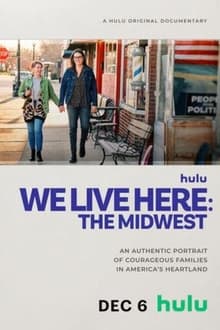
Explore timely, personal stories of LGBTQI+ families who strive to build lives in their communities despite biased legislation and mounting prejudice.

A sensation to indies rock scene since 2000s and actively present today among fans even during their breaks. The first full-length documentary in the band’s history starts from the production base in LA for the first album in 16 years, and navigates the stories from how they started, took break after breaking through, and reunited with nationwide fans awaited.
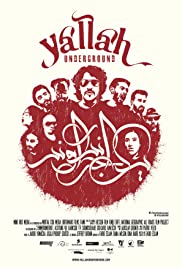
Yallah! Underground follows some of today’s most influential and progressive artists in Arab underground culture from 2009 to 2013 and documents their work, dreams and fears in a time of great change for Arab societies. In a region full of tension, young Arab artists in the Middle East have struggled for years to express themselves freely and to promote more liberal attitudes within their societies. During the Arab Spring, like many others of this new generation, local artists had high hopes for the future and took part in the protests. However, after years of turmoil and instability, young Arabs now have to challenge both old and new problems, being torn between feelings of disillusion and a vague hope for a better future.